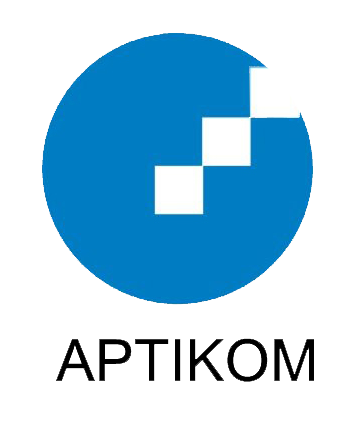Exploring E-learning Challenges During the Global COVID-19 Pandemic: A Review
Abstract
The world is currently battling the coronavirus disease 2019 (COVID-19) that has been declared as a global pandemic since mid-March 2020. The pandemic has inevitably impacted social and economic activities of the nation, including those in the education sector. As the governments have mandated universities to close their campuses, learning activities has been forced to move online. In this difficult situation, many university administrators, lecturers, as well as students may find it difficult to adapt to the so-called “new normal” ways of learning. Hence, as this is an unprecedented situation, this study explores the challenges faced by universities as academic institutions, lecturers, and students. This study starts by conducting a literature review concerning the challenges in e-learning in context of a pandemic. Data collected are then analyzed qualitatively using inductive thematic analysis technique, resulting in a taxonomy of e-learning challenges during a pandemic. Our analysis shows that students are challenged by connectivity, e-learning system support, and technological and self-regulation issues. On the other hand, lecturers are being challenged by competency, operational, self-regulation, and isolation issues. Meanwhile, institutions identify financial support and change management as challenging issues. This study highlights the need for further investigation to address the aforementioned challenges in e-learning.
Downloads
Copyright (c) 2020 Jurnal Sistem Informasi (Journal of Information System)

This work is licensed under a Creative Commons Attribution-ShareAlike 4.0 International License.
Authors who publish with this journal agree to the following terms:
- Authors retain copyright and grant the journal right of first publication with the work simultaneously licensed under a Creative Commons Attribution License that allows others to share the work with an acknowledgement of the work's authorship and initial publication in this journal.
- Authors are able to enter into separate, additional contractual arrangements for the non-exclusive distribution of the journal's published version of the work (e.g., post it to an institutional repository or publish it in a book), with an acknowledgement of its initial publication in this journal.
- Authors are permitted and encouraged to post their work online (e.g., in institutional repositories or on their website) prior to and during the submission process, as it can lead to productive exchanges, as well as earlier and greater citation of published work (See The Effect of Open Access).








